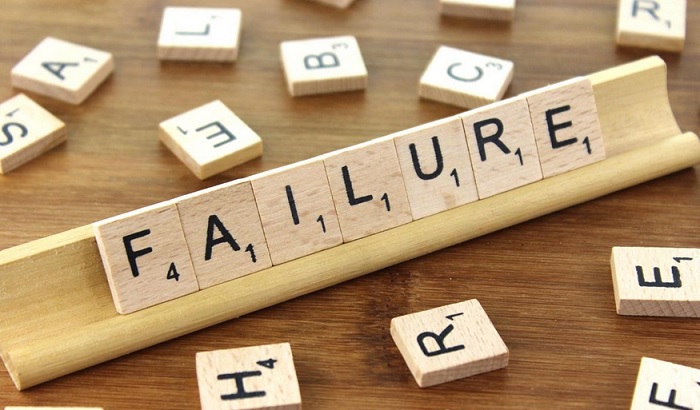Does this sound familiar? You reluctantly get up to face the day only to look in the mirror and ask yourself, “Why am I not good enough?” You feel like you can’t do anything right, drastically affecting your daily life. The truth is you are good enough, but to change this state of mind, no matter what may have happened in the past, involves diving into the underlying psychological reasons behind this all-too-common feeling.
1. The Burden of Who You’re Around
If you visit a psychologist and ask, “Why am I not good enough,” the first question they’ll ask is what kind of people you have spent your life around. In many cases, it starts with childhood. Children just want to be accepted and loved, but in a dysfunctional family, the child spends all their time trying to fix things so they’ll be loved, which may never happen.

This leads to deep-seated issues that cause you to never feel good enough, no matter how hard you try or how much you succeed. But it’s important to know that this doesn’t just come from childhood.
Toxic relationships, negative friends, and overly critical bosses and co-workers can all damage your self-worth and self-esteem. You may not even know it’s happening until it’s too late.
Depending on how severe the issue is, professional therapy may be the best solution. However, surrounding yourself with more positive, supportive people can help. Also, support groups can also help change this negative cycle of worthless feelings.
2. The Comparison Culture
“I wish I could be like them.” “Their life seems so perfect.” “How are they doing so much better than me?”
Do any of those questions sound familiar? Sometimes not feeling good enough stems from comparison culture. While comparing yourself to others is nothing new, social media and the Internet in general have made this a negative habit for many people. In fact, excessive social media use has been linked with depression, though there are a lot of factors involved.
The problem is you usually don’t see the whole picture. You may idealize what others have versus seeing their own struggles. This leads to an inferiority complex or disorder. If your doubts come from comparisons, take a break from social media and start focusing specifically on yourself versus what others are doing. After all, it doesn’t matter what others are doing. It only matters what you’re doing in your own life.
3. A Quest for Perfection
How could striving for perfection cause you to feel not good enough? The answer is no one is perfect, so you’ll never truly achieve perfection. This leads to a vicious cycle of self-defeating thoughts. Something as simple as oversleeping one morning could lead to days of blaming yourself for not being good enough and demanding that you do better.

Even though perfectionists usually seem confident, they’re also diagnosed with high rates of physical and mental ailments, including fatigue and depression. The fear of failure or being seen as a fraud kills their self-esteem and confidence.
Breaking the cycle of perfection isn’t easy. Therapy, forgiving yourself, seeing the good in mistakes, and reducing your number of responsibilities can help.
4. The Overpowering Inner Critic
While your inner critic can be helpful in motivating you, it can also tear you down. When you ask “Why am I not good enough,” it’s a thought and not necessarily a feeling, though the thought leads to negative feelings.
This means if you can take control over your inner critic and make it a little more positive, you can change the way you think about yourself. Your inner critic is a real thing. It can begin as early as childhood or come from much more recent negative experiences that make you begin to severely doubt yourself.
Humans naturally listen to negative thoughts over positive thoughts as a sort of survival instinct. This is why these thoughts are so hard to fight. Your mind tells you “no” to help save you anytime you feel a little anxious or uncertain versus pushing you to try.
Countering this problem requires actively paying attention to what your inner critic’s saying and replacing it with more positive words and phrases. You may even have a list of mindfulness quotes to help you focus on the positive. Practicing mindfulness helps draw you away from dwelling on the past and helps you push aside negative thoughts. It can even boost productivity.
5. A Failure That Ruined Your Course
Failure hits everyone differently. When you’ve worked extremely hard, a major failure can ruin the course you were on. For a while, you may not feel good enough. However, it’s important to accept that failure is inevitable. That doesn’t mean you’re not good enough or that it’s all over.

Step back and be proud of all you accomplished. Then, learn from the failure. Change your strategy or goals and push forward. Failure happens, even to the most seemingly perfect people.
No matter what, remind yourself daily that you are good enough. Write a list of good things about yourself and small and large accomplishments to prove that you’re good enough to do anything you want to do.
